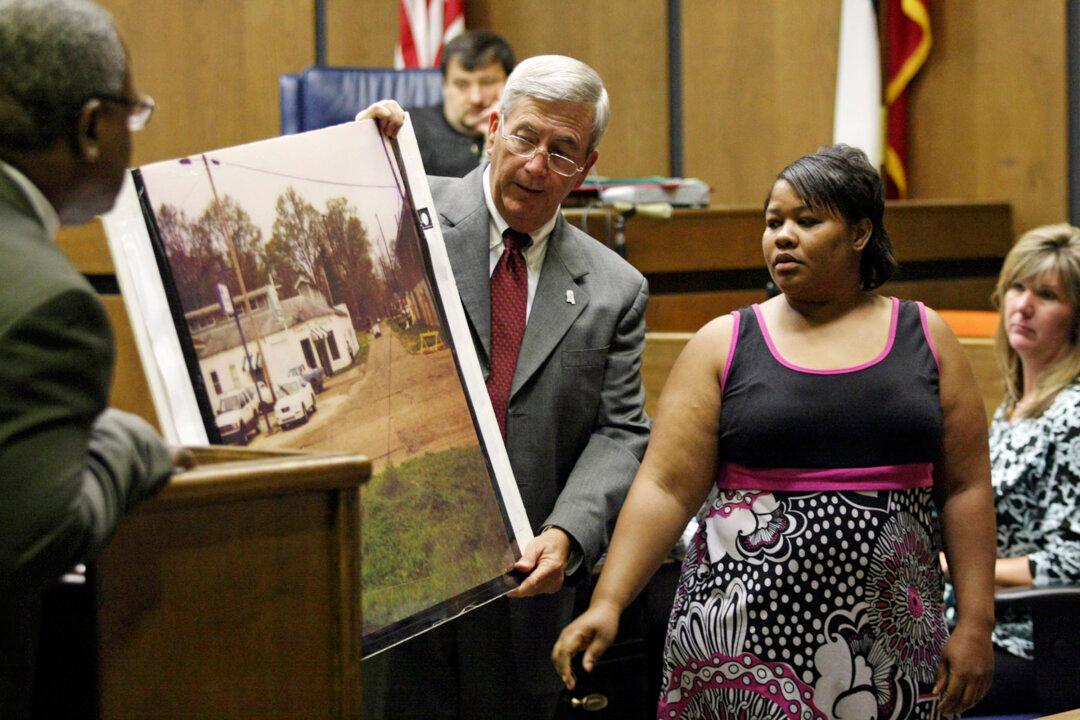WASHINGTON—The Supreme Court struck down a black inmate’s murder convictions and death sentence because the white man who prosecuted him on behalf of Mississippi unconstitutionally excluded blacks from the jury at his final trial and at others that preceded it.
Curtis Giovanni Flowers, 49, was condemned to death for murdering four employees of the now-closed Tardy Furniture store during a 1996 robbery in Winona, Mississippi, a small town with a population of 5,000.





